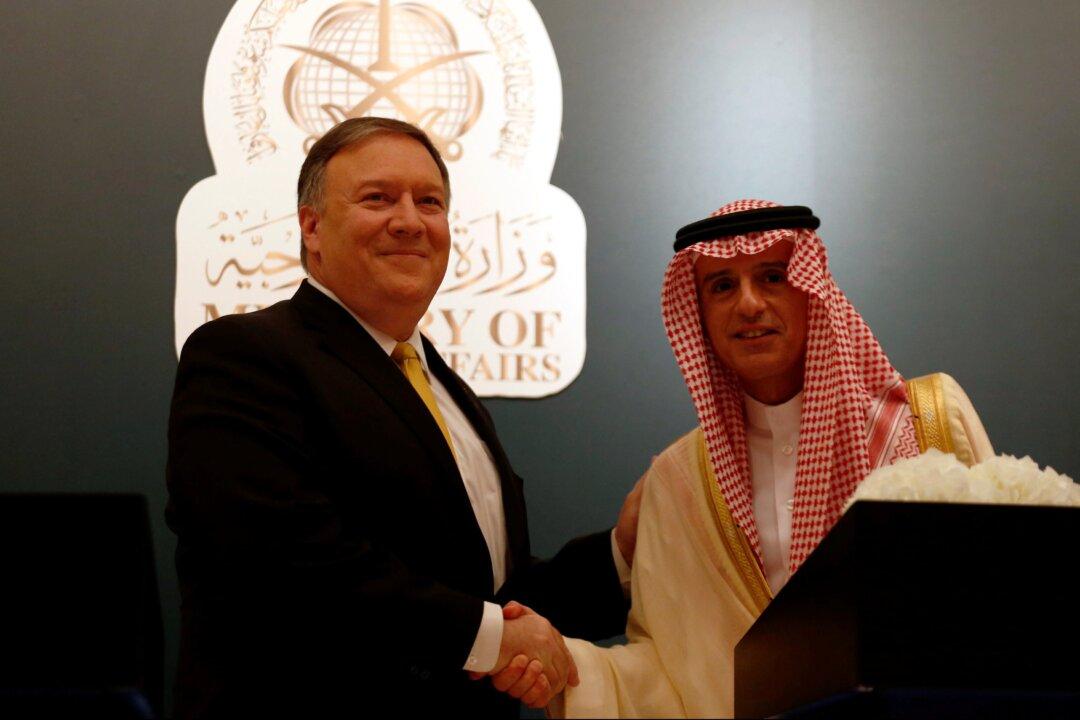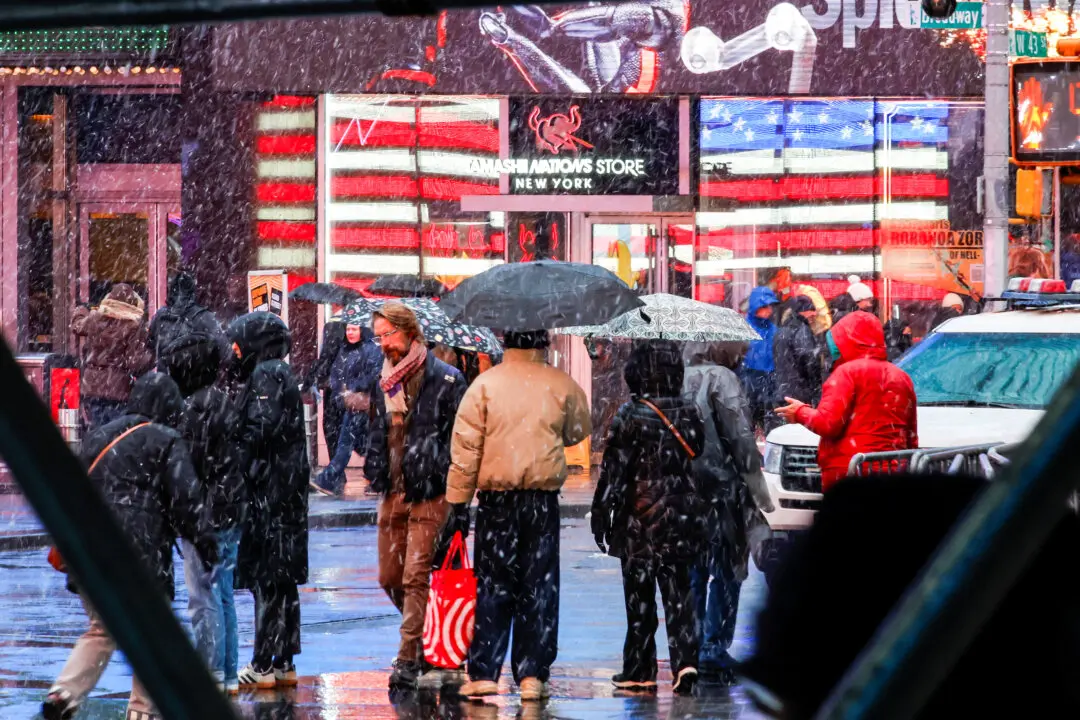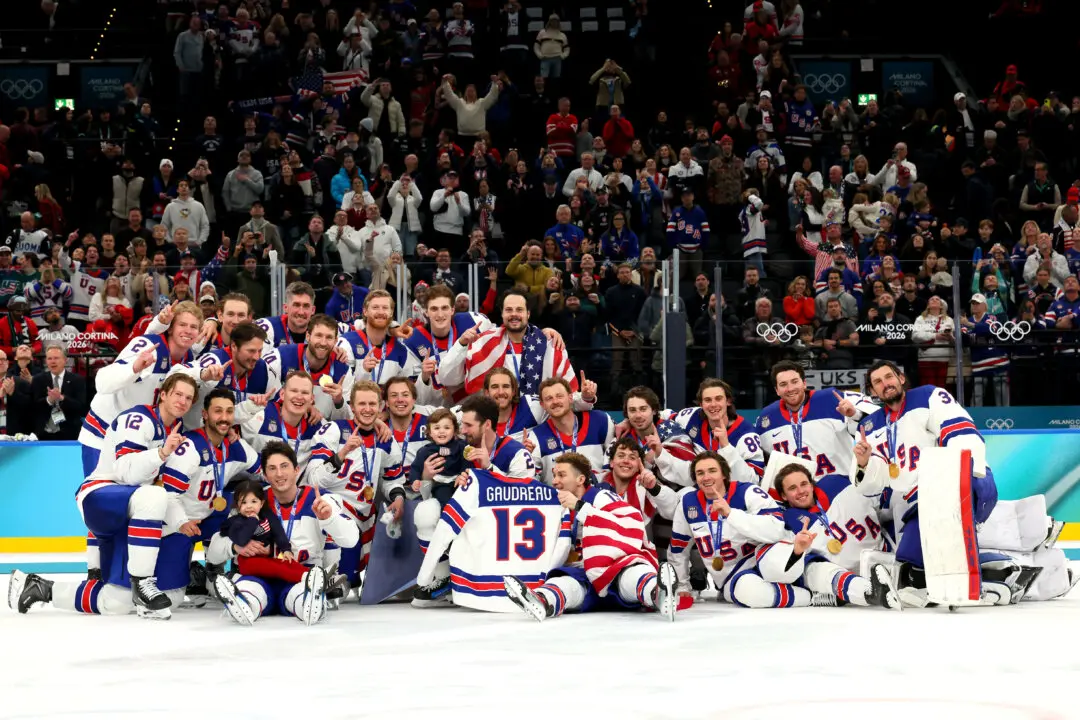TEL AVIV—The United States is deeply concerned by Iran’s “destabilising and malign activities”, new Secretary of State Mike Pompeo said after meeting Israeli Prime Minister Benjamin Netanyahu on Sunday.
The former CIA director was speaking on a flying visit to the region, where he had earlier in the day met with Saudi King Salman in Riyadh and stressed the need for unity among Gulf allies as Washington aims to muster support for new sanctions against Iran to curb its missile program.





